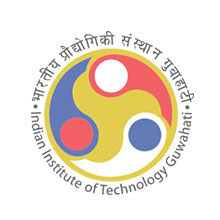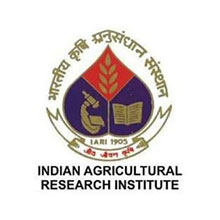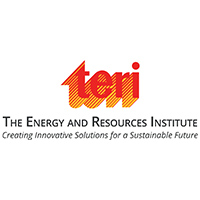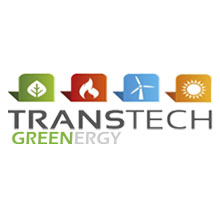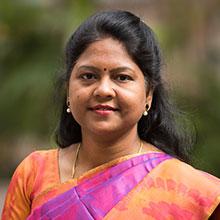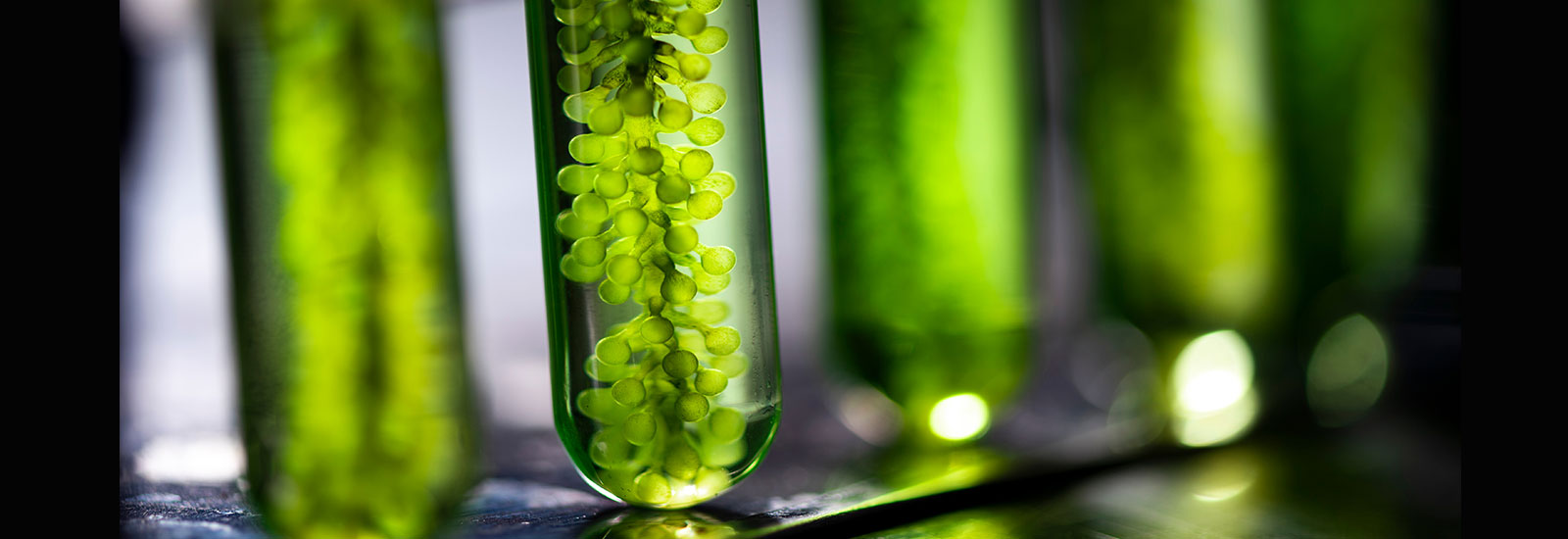
The DBT-TERI Centre of Excellence (CoE) in Advanced Biofuel and Bio-commodities, supported by Department of Biotechnology (DBT), Govt of India, is a unique initiative by The Energy and Resources Institute (TERI) in partnership with IIT Guwahati, Indian Agricultural Research Institute, and Transtech Greenergy. The centre aims to generate biofuels through the marine algal route and from selected third generation feedstock, apart from assessing their sustainability.
This centre will also explore the development of technologies for production of value added bio-commodities including bio-plastics, fish feed, nutraceuticals, and novel specialty and industrial platform chemicals, through a biorefinery approach. These bio-commodities have various application across many industrial sectors. This initiative is envisaged to complement existing activities under various DBT supported schemes and will help India reach its energy and environment mandates.
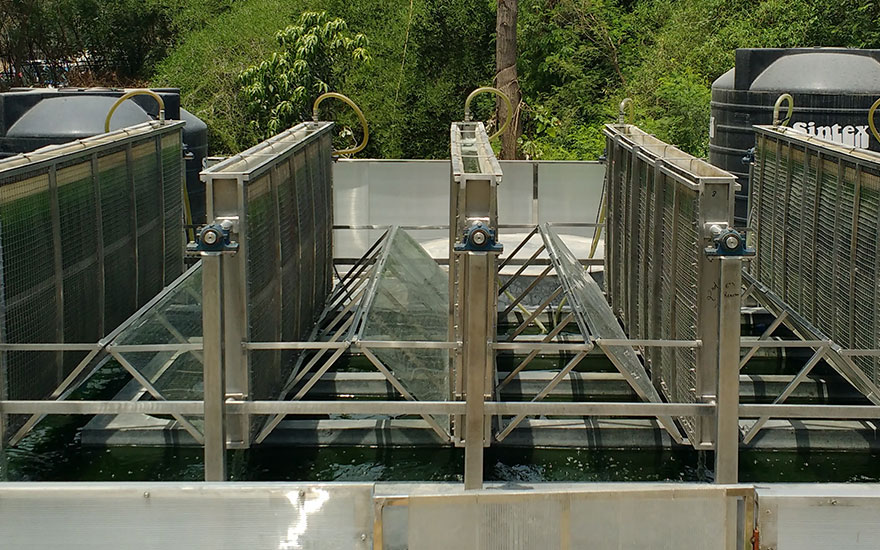
Feedstock improvement and production
India's National Policy on Biofuels aims at production of biofuels only from non-food feedstock, considering the need to balance food security with climate security concerns In view of this, the centre is working on development of sustainable next generation feedstock (algae biomass) and aquatic plant (Azolla and water hyacinth) to use as platform feed for production of advanced biofuels (algal biodiesel, biohydrogen, and pyrolytic bio-oil).
Under this, the centre aims to
- Set up an indigenously designed 100,000 litre algal photo-bioreactor growth-harvest system at a coastal location in Mumbai
- Large scale cultivation of Azolla in wastewater with a goal to recover nutrient from waste and generate value added biomass to use as feed for biohydrogen production
- Manage water bodies from invasive water hyacinth through collection of these biomasses to use feed for biohydrogen production
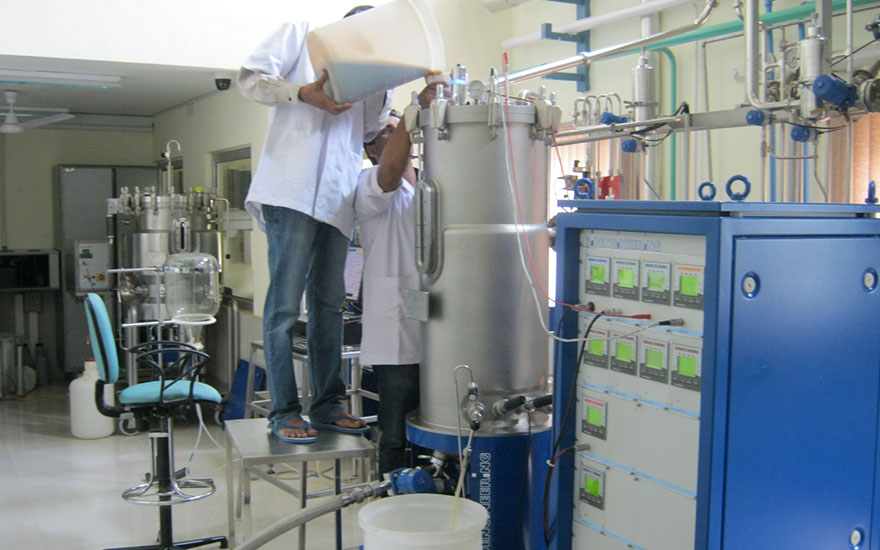
Biofuel production
The centre is also exploring production of three forms of advanced biofuels – algal biodiesel, biohydrogen and pyrolytic bio-oil – from next generation feedstock through the following methods
- The wet algae harvested from the algal production system would be processed for lipid recovery for application in biodiesel production
- Deoiled algae biomass being explored for pyrolytic bio-oil production would then be upgraded to drop-in fuel forms through employment of specific catalysts.
- Aquatic plant biomass and deoiled algae biomass are being explored as new second and third generation biomass for hydrogen production through biological route in pilot scale.
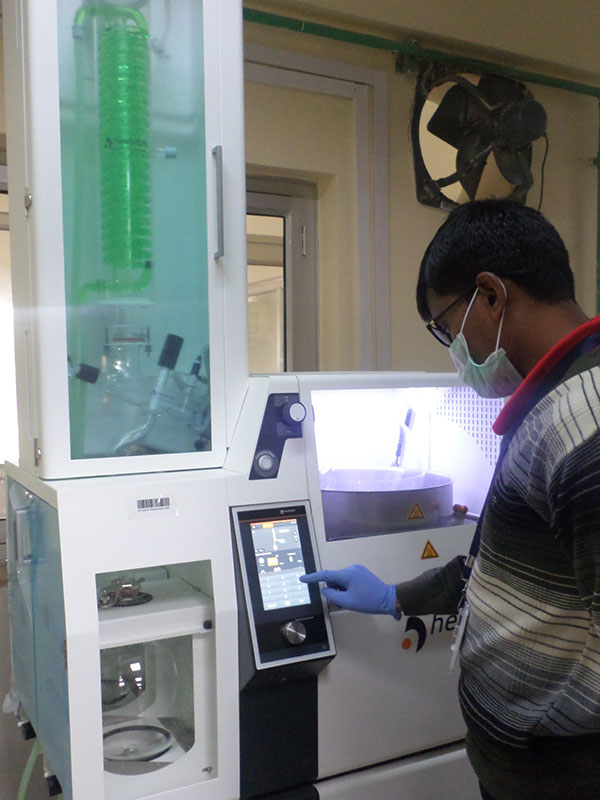
Value added bio-commodities
A major goal of this centre is zero-waste discharge, for which it is also exploring the use of co-products released during biofuel production as feed for production of high value bio-commodities, through a bio-refinery approach. This would aid in making the overall process economically viable.
To achieve this, the following activities are being undertaken
- Crude glycerol released during biodiesel production is being explored for production of high value industry platform chemicals; 2, 3 Butane Diol (Biochemical) and acrylate polymers
- Deoiled algae biomass is also being explored for production of high value biopigments, omega fatty acids, biodegradable plastics (Polylactic acid based), high-value amino acids as well as for formulation of aqua feed and cattle feed, in a biorefinery approach.
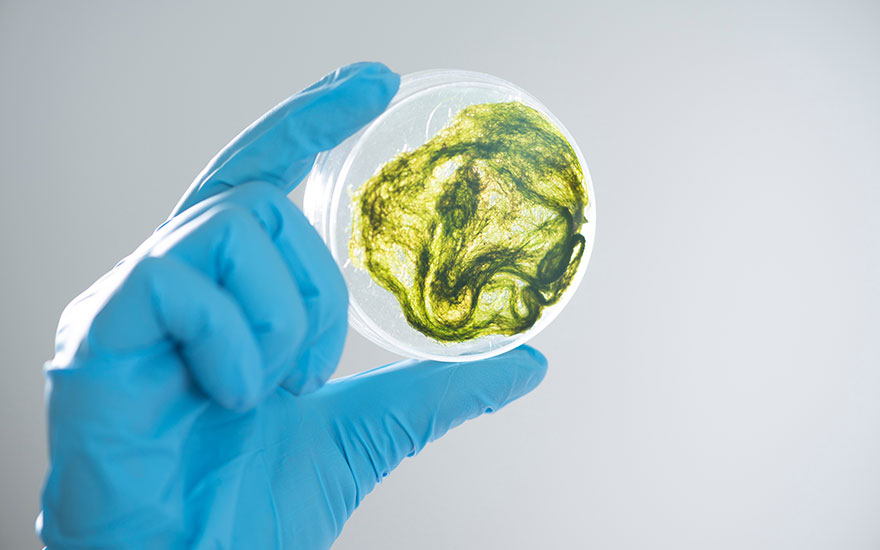
Sustainability assessment
A bio-economy is an economy in transition towards bio-based production of fuels and materials that were previously derived from fossil fuels.
Growing climate change threats, increased oil price volatility, and the environmental issues associated with fossil fuels have led to greater thinking from scientific and policymaking communities towards exploring alternatives that help minimise these impacts.
This centre of excellence will potentially be able to respond to the issues arising from application of algal and aquatic macrophytes feedstock, thereby minimising impacts otherwise raised in the context of application of biomass-based feedstock for fuel and material production. Nevertheless, there may remain concerns with regard to environmental, social, and economic sustainability of technology and processes for obvious reasons. Hence, it is critical to validate the benefits of any given algal and aquatic macrophytes feedstock-based refinery using a sufficiently overarching sustainability assessment.
The main objective of sustainability assessment under the centre would be to analyse environmental, economic and social implications of bio-energy concept including a SWOT analysis of its environmental, economic, and social aspects.
PARTNERS
TEAM
| Work Package 1: Feedstock Improvement and Production | WP 1.1 Scale-up of marine algae production | Dr K Dheeban Chakravarthi Fellow TERI-Deakin Nano Biotechnology Centre Sustainable Agriculture Division, TERI Dr Amitabh Tandon Managing Director Transtec Green Power Pvt. Ltd., Jaipur |
| WP 1.2 Algal growth physiology | Prof. Sunil Pabbi Principal Scientist CCUBGA Department of Microbiology, ICAR-Indian Agricultural Research Institute, New Delhi | |
| WP 1.3 Feed-stocks for biohydrogen production | Dr Sanjukta Subudhi Area Convenor Microbial Biofuels and Biochemicals Area Advanced Biofuels Division, TERI | |
| Work Package 2: Production of Biofuels | WP 2.1 Algal lipid recovery and biodiesel production | Dr K Dheeban Chakravarthi Fellow, TERI-Deakin Nano Biotechnology Centre Sustainable Agriculture Division, TERI Dr Piyali Das Area Convenor Pyrolytic Biofuels, Biochar and Green Chemicals Area Advanced Biofuels Division, TERI |
| WP 2.2 Production of bio jet fuel, pyrolytic oil and upgraded-pyrolytic oil from algal paste | Dr Piyali Das Area Convenor Pyrolytic Biofuels, Biochar and Green Chemicals Area Advanced Biofuels Division, TERI | |
| WP 2.3 Biohydrogen production from new second- and third-generation feedstocks (after pretreatment) | Dr Sanjukta Subudhi Area Convenor Microbial Biofuels and Biochemicals Area Advanced Biofuels Division, TERI | |
| Work Package 3: Development of value-addition bio-commodities | WP 3.1 Pilot scale production of second-generation 2,3 butanediol (2G 2,3-BD) | Dr Sanjukta Subudhi Area Convenor Microbial Biofuels and Biochemicals Area Advanced Biofuels Division, TERI |
| WP 3.2 Algal nutraceutical and Green recovery | Dr Mayurika Goel Associate Fellow Advanced Biofuels Division, TERI Dr Amritpreet Kaur Minhas Research Associate Advanced Biofuels Division, TERI | |
| WP 3.3. Development of aquaculture feed and animal feed from deoiled microalgae | Dr Fraddry D'Souza Fellow & Area Convenor The Coastal Ecology & Marine Resource Centre Goa, TERI | |
| WP 3.4 Food packaging bioplastics and cellulose nanocrystal-based biocommodities from algal biomass | Dr Vimal Katiyar Dept. of Chemical Engineering Indian Institute of Technology Guwahati | |
| WP 3.5. Production of acrylate polymers/bioplastic from glycerol | Dr Piyali Das Area Convenor Pyrolytic Biofuels, Biochar and Green Chemicals Area Advanced Biofuels Division, TERI | |
| Work Package 4: Sustainability Assessment of integrated biofuel production systems | Souvik Bhattacharjya Fellow & Associate Director Resource Efficiency & Governance Division, TERI Dr Arindam Datta Fellow Earth Science and Climate Change Division, TERI | |

